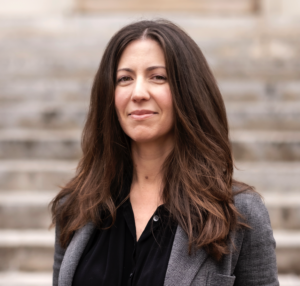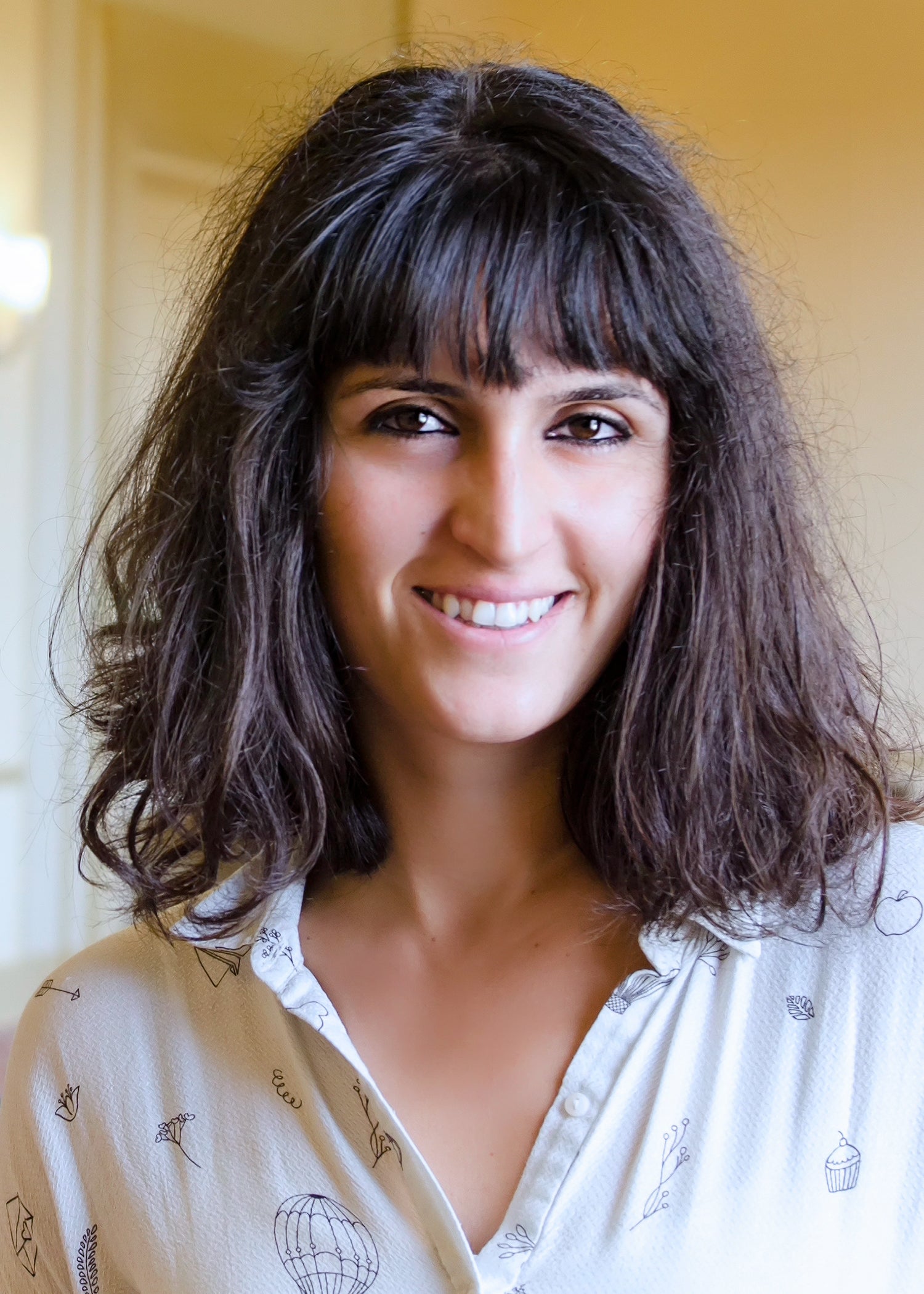Filippo Menczer

Luddy Distinguished Professor of Informatics and Computer Science at Indiana University Luddy School of Informatics, Computing, and Engineering
Talk title: Hacking Online Virality
Abstract: Abstract: As social media become major channels for the diffusion of news and information, it becomes critical to understand how the complex interplay between cognitive, social, and algorithmic biases triggered by our reliance on online social networks makes us vulnerable to manipulation and disinformation. This talk overviews
ongoing network analytics, modeling, and machine learning efforts to study the viral spread of misinformation and to develop tools for countering the online manipulation of opinions.
Bio: Filippo Menczer is the Luddy distinguished professor of informatics and computer science and the director of the Observatory on Social Media at Indiana University. He holds a Laurea in Physics from the Sapienza University of Rome and a Ph.D. in Computer Science and Cognitive Science from the University of California, San Diego. Dr. Menczer is an ACM Fellow and a board member of the IU Network Science Institute. His research interests span Web and data science, computational social science, science of science, and modeling of complex information networks. In the last ten years, his lab has led efforts to study online misinformation spread and to develop tools to detect and counter social media manipulation.
Maria Giovanna Sessa
Senior Researcher at EU DisinfoLab
Talk title: From the infodemic to the information war: disinformation narrative evolution, lessons learned, and challenges ahead
Abstract: Recent crises have foregrounded the highly dynamic nature of online disinformation. As world-changing events such as the coronavirus pandemic and the war in Ukraine follow each other at a rapid pace, deceptive information and harmful narratives seem to adapt to these changing contexts effortlessly. The talk will debate the evolution of disinformation narratives in the past year, building on data collected in the framework of EDMO Belux (Belgium-Luxembourg European Digital Media and Disinformation Observatory) and EU DisinfoLab’s monitoring of fact-checked disinformation in France, Germany, and Spain. The intersectionality of disinformation will be emphasized through empirical examples to show that disinformation is overcoming ideological boundaries for tactical convergence. The information disorder travels across different countries, languages, and platforms. The same communities are exposed to hoaxes that combines the twin crises (e.g., from anti-vax to pro-Russian stances) and other polarising issues (e.g., elections, migration policies, or civil rights). The common trait of these hybrid communities seems to be a pre-existing mistrust of government and institutions: in fact, anti-establishment sentiments resonate with people from different backgrounds. In view of these considerations, conclusions will address counter-disinformation responses with reference to the EU framework and, in particular, the implementation of the Digital Services Act. The main takeaway is the need for a systematic rather than ad hoc response, shifting away from crisis management to building resilient communities capable of facing the next disinformation challenge regardless of its topic.
Bio: Maria Giovanna Sessa is a Senior Researcher at EU DisinfoLab, where she coordinates research activities. She holds a Ph.D. in Political Science and has previously worked as a researcher at Fondazione Feltrinelli, as a teaching assistant at the Universities of Siena and Florence, and as a consultant for EU projects. Her research interests focus on disinformation in political communication, gender-based attacks, and international crises.
Francesca Tripodi 
Assistant Professor at the UNC-Chapel Hill School of Information and Library Science
Talk title: The Propagandists’ Playbook: How Search Engines are Manipulated to Threaten Democracy
Abstract: During this keynote address, Dr. Francesca Tripodi will provide a detailed analysis of the tactics conservative elites use to spread disinformation in pursuit of partisan political goals, demonstrate disinformation’s historical connection to white supremacist logics, and present a deeper understanding of how our society has become algorithmically polarized. Combining interviews and ethnographic observations with content analysis, media immersion, and web-scraped metadata, this talk takes audiences on a deep dive into conservative media practices. Through the mechanics of information literacy, networked media, search-engine optimization, curated keywords, and strategic signaling, Dr. Tripodi will explain how conservative pundits and politicians weave together economic, social, and religious groups into a common conversation and seed the internet with content around these filters. By encouraging audiences to “do their own research,” this method of spreading propaganda mainstreams extremist logic, changes narratives adopted by mainstream media, and blurs the lines between reality and fiction. The goal of identifying these tactics is to break the feedback-loop vs. trying to reactively treat “information disorder,” because disinformation is not a bug in the code, it is a feature wielded for political gain, and a great risk to American democracy.
Bio: Dr. Francesca Tripodi is a sociologist and media scholar whose research examines the relationship between social media, political partisanship, and digital inequality. She is an Assistant Professor at the School of Information and Library Science (SILS) and a Senior Research at the Center for Information Technology and Public Life (CITAP) at UNC-Chapel Hill. In 2019, she testified before the Senate Judiciary Committee on how search engines are gamed to drive ideologically based queries, a subject that is the focus of her forthcoming book with Yale University Press titled The Propagandists’ Playbook. Her research has been covered by The Washington Post, The New York Times, The New Yorker, NPR, The Columbia Journalism Review, Wired, Slate, The Guardian and The Neiman Journalism Lab.
Ceren Budak

Associate Professor at the University of Michigan School of Information
Talk title: The Role of Display Advertising in the Disinformation Ecosystem
Abstract: The role that markets play in the disinformation ecosystem is generally overlooked and yet significant. For instance, revenue-seeking parties can set up disinformation sites and use them to monetize traffic through ads. Our ability to curb misinformation depends, at least partially, on understanding and changing these incentive mechanisms. How can we make meaningful progress in this direction? The first step is to understand the role different market forces play here. In this talk, we will take that first step and quantify the degree to which ad firms and advertisers support producers of misinformation through display advertising. By using data continuously collected on ads served on low and high credibility news sites, we will discuss (a) which ad firms and advertisers are uniquely responsible for supporting misinformation sites, (b) how these patterns are changing over time, and (c) how different ad-firm or retailer centric strategies to curb misinformation is likely to reshape the disinformation ecosystem.
Bio: Ceren Budak is an Associate Professor at the School of Information at the University of Michigan. Her research interests lie in the area of computational social science. She utilizes network science, machine learning, and crowdsourcing methods and draws from scientific knowledge across multiple social science communities to contribute computational methods to the field of political communication.